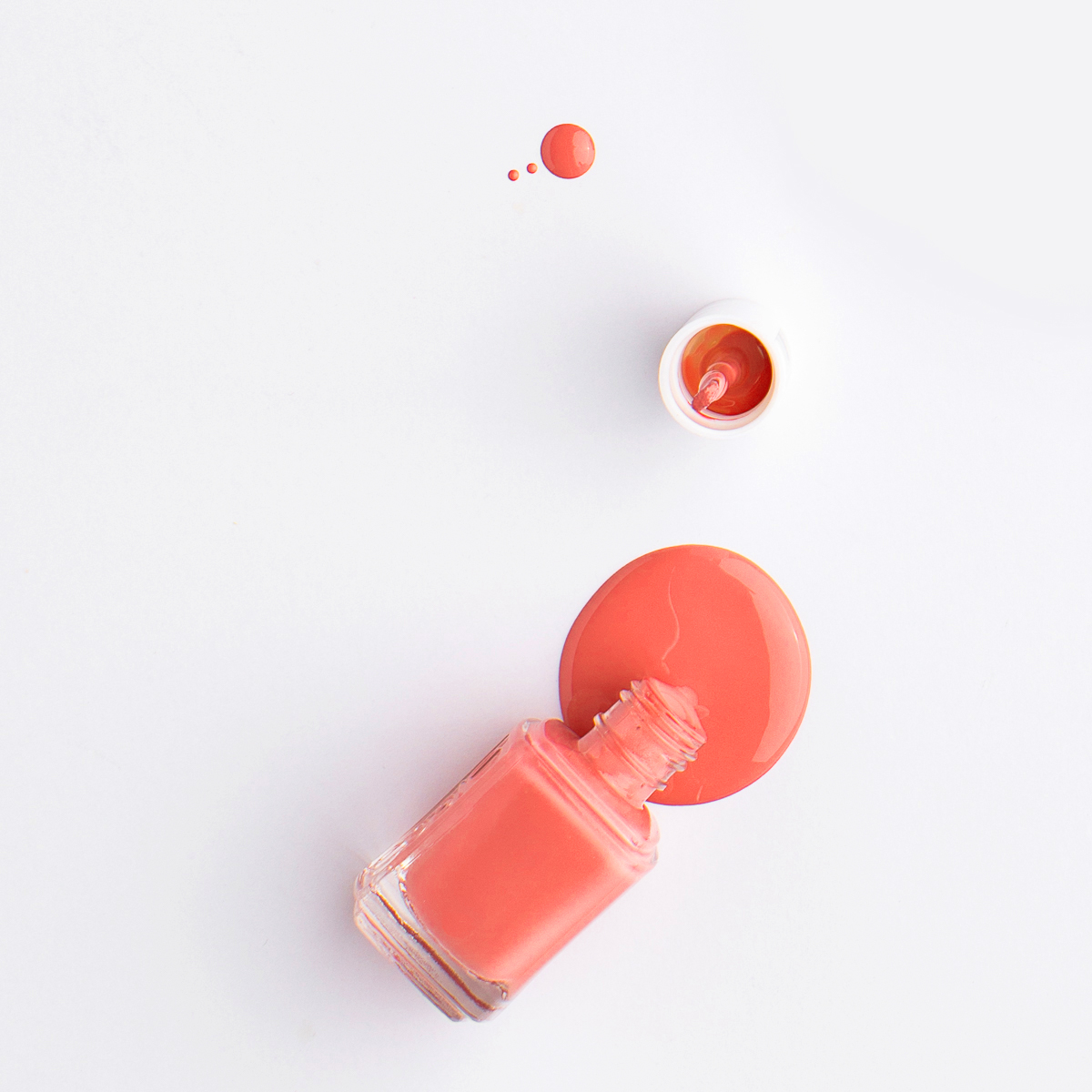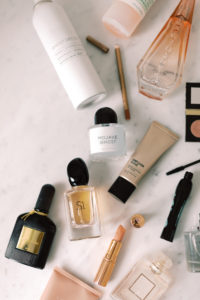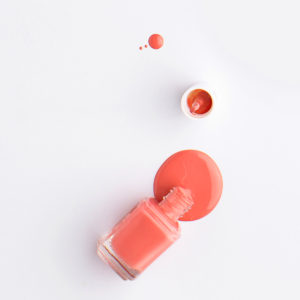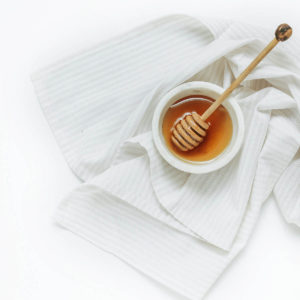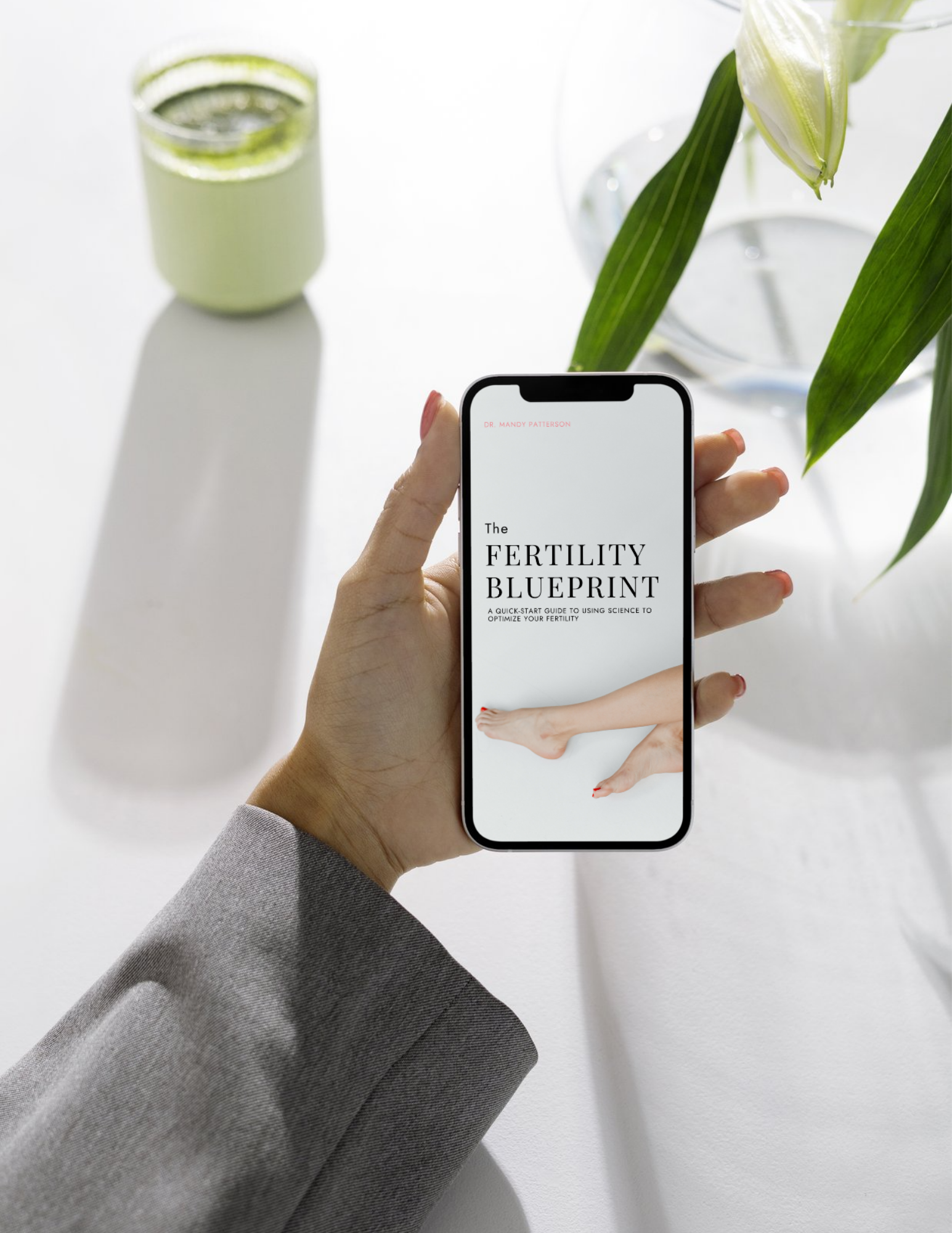A clean environment can change your life. From when you wake up in the morning to when you go to bed, your day is saturated with personal care products. You use shampoo, conditioner, body wash, face wash, and shaving gel just in the shower. Then, you brush your teeth with toothpaste, swish with mouthwash, lather on some deodorant, and let’s not forget makeup and moisturizer.
How many personal care products do you think you use in a day? Now imagine all the chemicals and potential toxic ingredients in each product. Yep, I’m freaking out just as much as you! That’s why I’ve created this list of five dangerous toxins to avoid in your personal care products. Hold on tight and let’s learn how to protect ourselves and our families!
Does the FDA Protect Us?
Just because it’s on the shelf at the retail store doesn’t mean it’s safe for you to use. It’s a common misconception that skincare ingredients must be proven safe before they’re released to the public. The truth is, the FDA isn’t allowed to ban ingredients in personal care products that show a strong danger of being toxic or deadly.
The FDA does not regulate the safety of personal care products and cosmetics. Instead, the Cosmetic Ingredient Review (CIR), an industry appointed and funded panel, reviews the safety of cosmetic ingredients.
For example, let’s look at the problem of talcum powder. Products with talcum powder include makeup and some baby powders, but it’s frequently contaminated with cancer causing asbestos!
So baby powder is off the selves right? Nope! Even after numerous legal challenges it’s still out there and causing problems for some families. The FDA and government oversight agencies don’t keep toxins out of skincare products, which means we have to be ever vigilant with what we use.
What is Greenwashing?
The marketing masterminds have finally caught up with public opinion. You want more natural, non-toxic personal care products. They want to keep making money off you. The result? New branding and labeling to keep with the trend.
Greenwashing is when beauty companies dress up their products with terms like vegan and all-natural while still hiding a multitude of toxins in the ingredients list.
This is why it’s more important than ever to stay educated on potential toxins your personal care products could contain. Always read the ingredients list and if you don’t know an ingredient, look it up.
A great resource for this is the Environmental Working Group’s (EWG) Skin Deep Cosmetics Database and Think Dirty app. Just search a personal care product on the app and see what it’s rated based on the EWG’s strict, health-based criteria.
How Does Our Skin Absorb Toxins?
You’ve heard the phrase, “You are what you eat.” But, did you also know you are what you put on! Your skin is a semi-permeable membrane, which means it protects against some things, but allows others to pass through.
You may not think your skin is absorbing that foundation primer from your makeup routine, but think about all the topical medicine we use. One that comes to mind is hydrocortisone cream, but there are many more. We would not use those products if they did not absorb through our skin.
The amount of a chemical that is absorbed by your skin depends on the location, properties of the chemical, concentration, duration of exposure, and the surface area of skin. Chemicals that are fat soluble are especially suited to passing through your skin.
Additionally, if you’re like most people, you use personal care products multiple times throughout the day. Lotion, sunscreen, lipstick, and more all have the potential to cause bioaccumulation of chemicals which can occur from repeated use.
Let’s Talk Hormones
There are many concerning chemicals in personal care products. The majority of which are also endocrine disruptors. Known more commonly as estrogen mimickers, after application to your skin, these chemicals travel through the bloodstream and appear to your body as estrogen. Your body then reacts as if true estrogen is present in excess. Remember, too much of a good thing is a bad thing.
Studies have shown a correlation between these chemicals and reproductive health. They dangerously influence endocrine pathways in the body, causing damage and messing with your hormones. There are also relationships between endocrine disruptors and other chronic illnesses like obesity, IBD, and chronic diarrhea.
One study demonstrates that women are more likely to be exposed to these endocrine disruptors, which makes sense considering how many more cosmetics we use than men.
Armed with this information, we can begin to take charge of our health and avoid toxins in our personal care products.
Five Dangerous Toxins to Avoid in Your Personal Care Products
Triclosan
You may have heard of this chemical, especially with the push for better hand washing principles in light of COVID-19. Triclosan is an antimicrobial agent often added to soaps and shampoos. That sounds great, until you hear that more than 200 scientists and medical professionals came together to declare Triclosan an endocrine disruptor with the potential to bioaccumulate.
Even worse, there is a greater fear of triclosan-induced resistance to clinically important antimicrobial drugs!
This ingredient became dangerous enough that the FDA actually spoke out against it in 2017 and banned its use in products like hand sanitizer and certain soaps. However, it is still found in body washes, toothpastes, mouthwash, lotion, foundation, and other types of makeup. You can find a list of what products contain Triclosan here.
Fragrances
Fragrances may make you smell pretty, but they hide a stinky secret. Companies aren’t required to disclose the chemicals in fragrance as it’s considered a “trade secret.”
The label fragrance on an ingredient list could really mean anything. In fact, fragrance has been found to be a common cause of contact dermatitis. It’s best to avoid the nondescript ingredient due to its ambiguity.
Phthalates and Parabens
Phthalates and Parabens are found in a variety of personal care products. They act as moisturizers and actually enhance skin penetration of other compounds. They are also used as preservatives to suppress any microbial growth in cosmetics and beauty products.
Parabens are absorbed intact through the skin and detected in breast milk, urine, and plasma. They’re not something you want in your body. Research shows that parabens are endocrine disruptors as well as contributors to obesity.
You may have an inkling that parabens are toxic for you. Thanks to the large body of research on this chemical demonstrating its dangers, many personal care products no longer include parabens.
However, there are a dozen types of phthalates still used in common personal care products. The biggest concern most medical professionals have with phthalates is that they are linked to an increased risk of breast cancer. Phthalates are often found in perfumes, hairspray, nail polish, and makeup.
Mineral Oil
Mineral oil is a byproduct of crude oil production – just like petroleum jelly. It’s commonly used to bind moisture to the skin. The reality is that it’s a highly refined byproduct of the oil industry. It’s neither eco-friendly or sustainable, and it’s not great for the skin either.
Mineral oil has the potential to clog pores and it can easily be contaminated with other chemicals. The ingredient has also been found to contain toxic hydrocarbons that can cause skin cancer. However, one study shows that although mineral oils were absorbed in the first layer of skin, only small amounts were absorbed in deeper layers, thus it may not be as harmful as other chemicals on the list.
In spite of that, it still acts like a sheet of plastic over your skin, blocking your pores and preventing your skin’s natural healing process.
How to Make the Switch
All this information may be overwhelming and frightening. You may be thinking how these big companies could even sell you something so dangerous! That’s why it’s so important to take your health into your own hands. No one cares about your health more than you!
Here’s a tip, try and think less about how dangerous these products are and focus more on how to choose safe and healthy products.
Flip the conversation into a positive movement forward with your family, one step at a time. You don’t have to replace all your personal care products at once! Set a goal of replacing one item per week or month till you’ve replaced everything containing toxic ingredients.
Encouragement from a Holistic Health Coach
Are you beat up over your symptoms? Sick of feeling stressed? As a holistic health coach I believe stress and feeling overwhelmed are actually toxins too! That’s why when you work with me I take a whole person approach to get to the root cause of your health concerns. Together we’ll work to bring you to your ideal vision of health! Reach out via my Contact page to get started!

